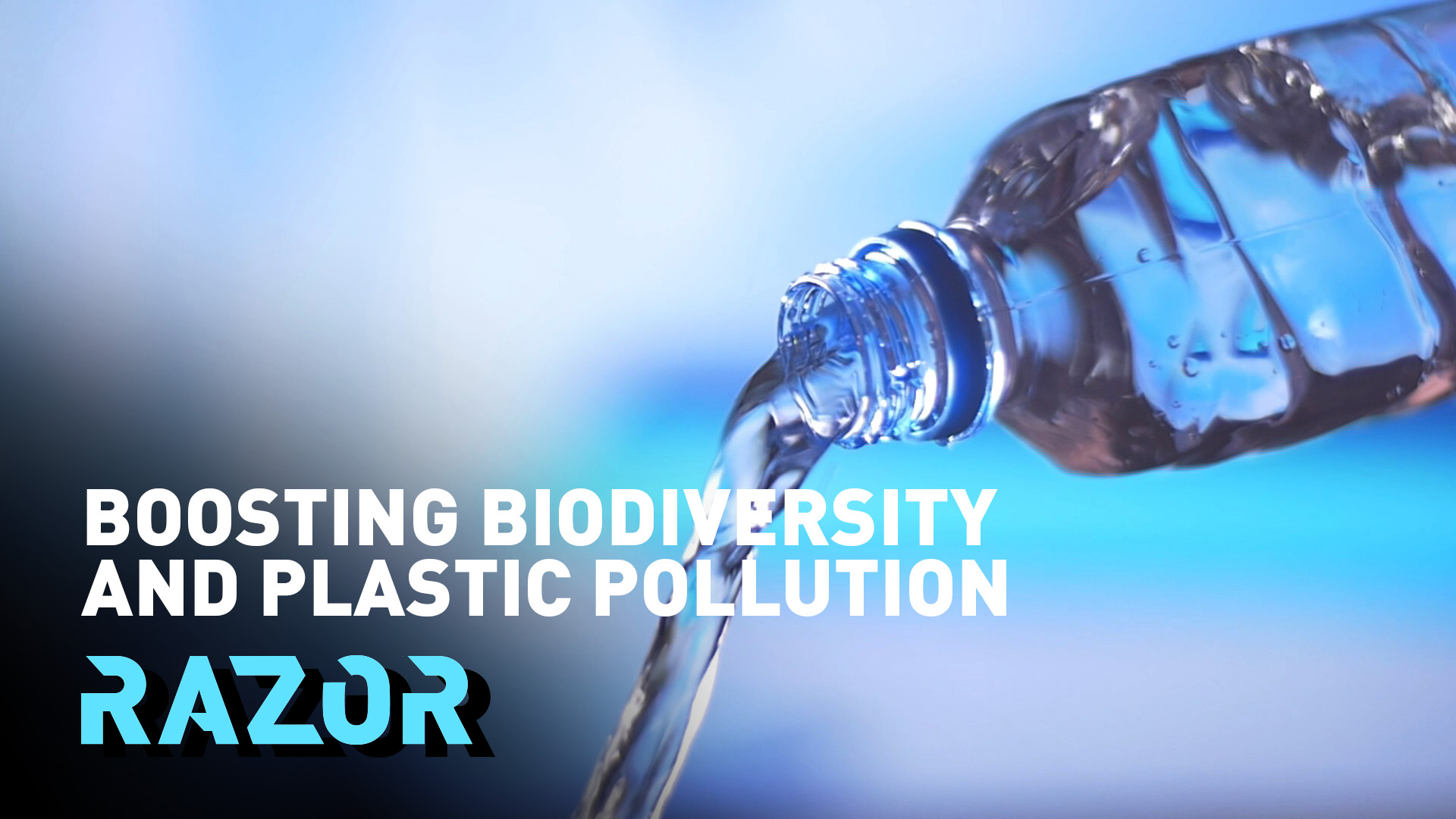30:00

Our climate is changing but what does this mean for plant life and the future of food? Higher temperatures and shifting precipatation patterns are causing plants to bloom earlier, creating unpredictable growing seasons that may lead to food shortages. And important connections between pollinators, birds, insects and other wildlife will be disrupted, completely changing the world we live in. Razor's Emma Keeling heads to the internationally renowned botanical research and education institution Kew Gardens to meet with scientists who are studying the consequences and working on solutions.
193 countries have agreed to take part in an ambitious, legally binding UN treaty to end plastic pollution. Crucially, the treaty aims to tackle the crisis at its core - by tackling the material's entire supply chain. But is this deal workable...and will it make a dent on the nearly 400 million tonnes of plastic that's produced every year? Neil speaks to the UN Environment chief and chief architect of the treaty, Inger Andersen and plastic expert, Dr Eleni Lacovidou from the University of Brunel.
READ MORE: As part of the CGTN Europe 'Trash or Treasure' special, we looked at the problem of plastic disposal around Europe. We found out which plastics are really recyclable and what happens to them when they leave your bin in Recycling plastics.

